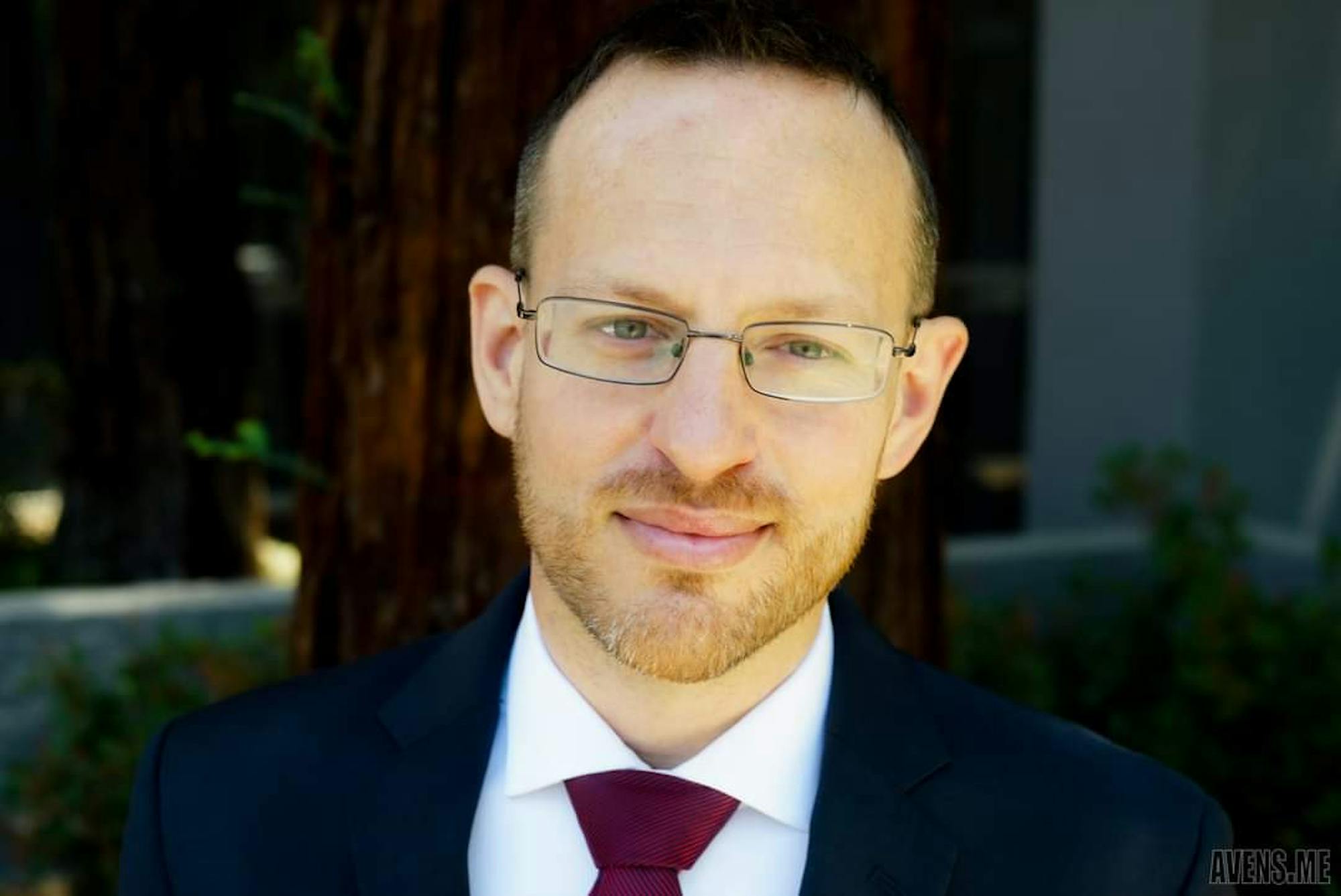Jeremy “Spike” Cohen — the 2020 Libertarian Party vice presidential candidate and founder of anti-government non-profit You Are The Power — participated in a Dartmouth Political Union debate on gun control last Wednesday, according to past reporting by The Dartmouth. The Dartmouth spoke with Cohen about his vision for libertarianism in the United States and his opposition to gun control policies, which he claimed worsen gun violence.
Your ticket with presidential nominee Jo Jorgenson in 2020 earned only 1.2% of the national vote — less than half of what the Libertarians won in 2016. What do you think that says about the future of the party?
JC: There was a little bit more opening in 2016 to vote for a third party in the vain hope that maybe the third party candidate would do better than Hillary Clinton or Donald Trump. In 2020, negative partisanship won. People were voting against Joe Biden. They were voting against Trump.
The next factor is that Jorgenson was a compromise candidate within the Libertarian Party. She just kind of flew right at the radar at the perfect trajectory to get the nomination. And then she ran for president like that, too. You don’t fly at or below the radar when you’re a third-party candidate. You have to get out there.
The 2024 presidential election is going to be rough because of all the external factors — negative partisanship is even higher. And so all of the festering divisiveness in the Libertarian Party from the 2020 campaign is right back in this campaign.
You ran your 2020 campaign for vice president on issues including “killing baby Woodrow Wilson” via time travel and mandatory toothbrushing. Why base your candidacy on a satirical platform?
JC: The use of satire is a very useful way of getting people’s attention. All of that is allegory for the absurdity of politics, the absurdity of government itself. When I ran as performer and activist Vermin Supreme’s proposed vice president during the nominations process for the Libertarian Party in 2020, it was always with the intent that if I did get the nomination, I was going to make a much more serious pivot. If I was asked a serious question, I would give a serious answer. If I was asked a question about badgers and cheesy bread, ponies and Woodrow Wilson and stuff like that, I gave the answers befitting those questions.
New Hampshire’s motto is “Live Free or Die.” Do you think we could function as a nation on the federal, state and local levels if we governed with that principle?
JC: The interesting thing about the history of the U.S. government — which is rampant with horrific things, including slavery and genocide and wars of expansion and the worst things that a country can do — is that every single time that it did those things, it’s because the government was straying from the principles that we were told it was built upon.
We are governed best when we are governed least — and when we are governed from the “live free or die” mentality. I absolutely believe that is how the government should operate — if we were to have one.
Why is gun ownership in particular so important to you?
JC: Libertarians are very big on our own principles. We tend to start with our philosophy first and then build out from there. So that’s where I started. Even if you showed me evidence that guns were explicitly tied to higher violent crime, I would still say I would rather have dangerous freedom than peaceful slavery. Guns in and of themselves are not the problem, and guns become tools for the innocent to defend themselves.
Why do you think so many Americans are in favor of gun control?
JC: You sell people on the anecdotes — these horrific school shootings and these horrific mass shootings and these terrible losses of life and unspeakable things that are happening to people — and every single one of us looks at that and says, “What a terrible thing that has happened.”
We need to allow schools on a school-by-school or district-by-district basis to try to determine what their policy is instead of trying to impose a federal one-size-fits-all plan.
This interview has been edited for clarity and length.
Annabelle Zhang '27 is a reporter and editor from New Jersey. In the classroom, she studies Geography and Government modified with Philosophy and Economics. She enjoys creating recipes, solving puzzles and listening to music.




